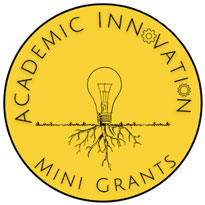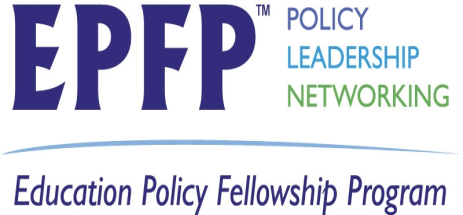Appalachian GEAR UP (Gaining Early Awareness and Readiness for Undergraduate Programs) provides college-going programming to students and families, academic support in schools, professional development for teachers and administrators, and more in order to improve college access in rural Western North Carolina.
GEAR UP Student Support and Programs
GEAR UP is a federally funded college access program designed to increase the number of students who are prepared to enter and succeed in postsecondary education immediately after high school. Learn more about the services and programming available to GEAR UP students.
A collection of resources to inform, guide, and empower your local GEAR UP program.
The Coordinator's Guide to Successful GEAR UP College Visits for Middle and High School Students and Families provides resources and planning tips to help design and implement an intentional, informative, inspirational, and interactive campus visit.
Academic Innovation Mini (AIM) Grants are designed to support individual and school passion projects aimed at improving academic performance through innovative classroom experiences that engage, inspire, enhance, and motivate student learning.
The Education Policy Fellowship Program (EPFP) is a national program that engages a diverse and collaborative community of strategic leaders to promote equitable education policy. Participants from Appalachian GEAR UP districts receive funding to cover the cost of participation.
GEAR UP in conjunction with the Public School Forum and Leading Edge Learning hosts the Rural Teacher Leader Network (RTLN). RTLN is a signature initiative of the NC Public School Forum’s Dudley Flood Center for Educational Equity and Opportunity, designed to elevate and empower teachers in rural communities. Building upon the success of the Rural Leaders Teacher Network East, this western cohort continues the statewide effort to develop educators as change agents who can lead from within their classrooms, schools, and communities.
Through an intensive, cohort-based learning model, participants explore issues impacting rural education and collaborate to design practical, sustainable solutions. The program is rooted in collective care, community-based leadership, and educational access—reflecting the Flood Center’s commitment to ensuring every student has access to meaningful opportunities for success.


